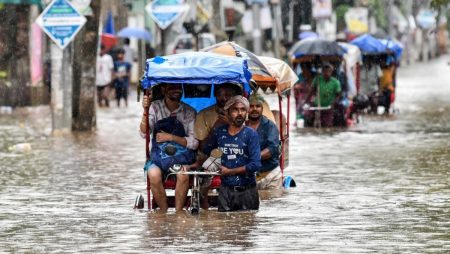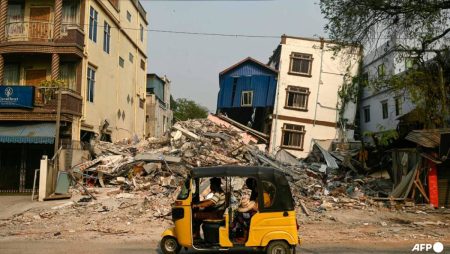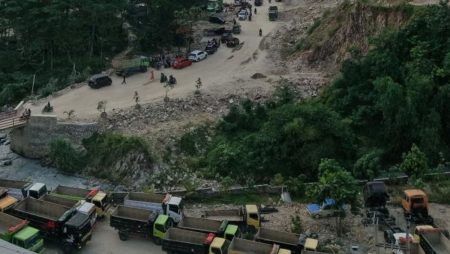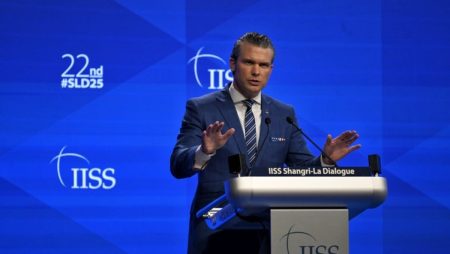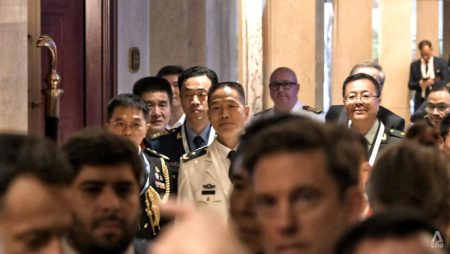The political alliance forged between the Marcos and Duterte clans in the Philippines has raised eyebrows since its inception, characterized as more of a marriage of convenience than a genuine partnership. This coalition, initially aimed at consolidating power and garnering support, was strategically vital for both families, particularly as they navigated a tumultuous political landscape. However, the inherent fragility of their alliance has become increasingly apparent, particularly with the emergence of clan rivalries and violent threats that have surfaced as both sides maneuver for political advantage.
Ruth Pollard from Bloomberg Opinion underscores that while the tensions between these powerful political families may capture public attention, Manila’s primary focus should be on the pressing issues facing the nation. The Philippines grapples with substantial challenges, including economic instability, social inequality, and governance shortcomings. The Marcos-Duterte dynamic risks diverting essential political and public discourse away from these critical matters, potentially hindering any progress the government could make in addressing them.
The historical context of the Marcos and Duterte families adds further complexity to their relationship. The Marcos family’s legacy is marred by dictatorship and allegations of corruption, while the Duterte administration has been clouded by controversy over its brutal anti-drug campaign. This backdrop complicates their collaboration since both clans carry substantial baggage that informs their political actions and the perceptions of the public. The intertwining of their interests may benefit them temporarily but could jeopardize broader political stability in the long run.
Moreover, the political landscape in the Philippines is notably dynamic, influenced heavily by public sentiment and the media’s portrayal of events. As rivalries flare-up, the media’s role becomes crucial in either amplifying tensions or facilitating constructive discourse. The reaction of the citizenry to the ongoing skirmishes between the Marcos and Duterte clans can significantly impact their political capital. In essence, public perception remains a pivotal factor that could either fortify their alliance or unveil fractures that jeopardize their hold on power.
In the face of these political tensions, Pollard argues for a more substantial focus on governance and persistent issues plaguing the nation. The economic implications of a divided political landscape, especially during a time of global uncertainty, necessitate attention from both the government and its citizens. Addressing poverty, infrastructure deficits, and other pressing challenges should take precedence over clan rivalries, as they undermine the potential for genuine progress and reform.
Ultimately, while the ongoing power struggles may seem engrossing, the Philippines must not lose sight of its long-term goals and the need for effective governance. It is crucial for leaders to prioritize the well-being of their constituents over personal or familial ambitions. The present political climate necessitates a shift in focus towards unity and cooperation, steering away from divisive tactics that can exacerbate existing national issues, thereby ensuring a more stable and prosperous future for the country.





